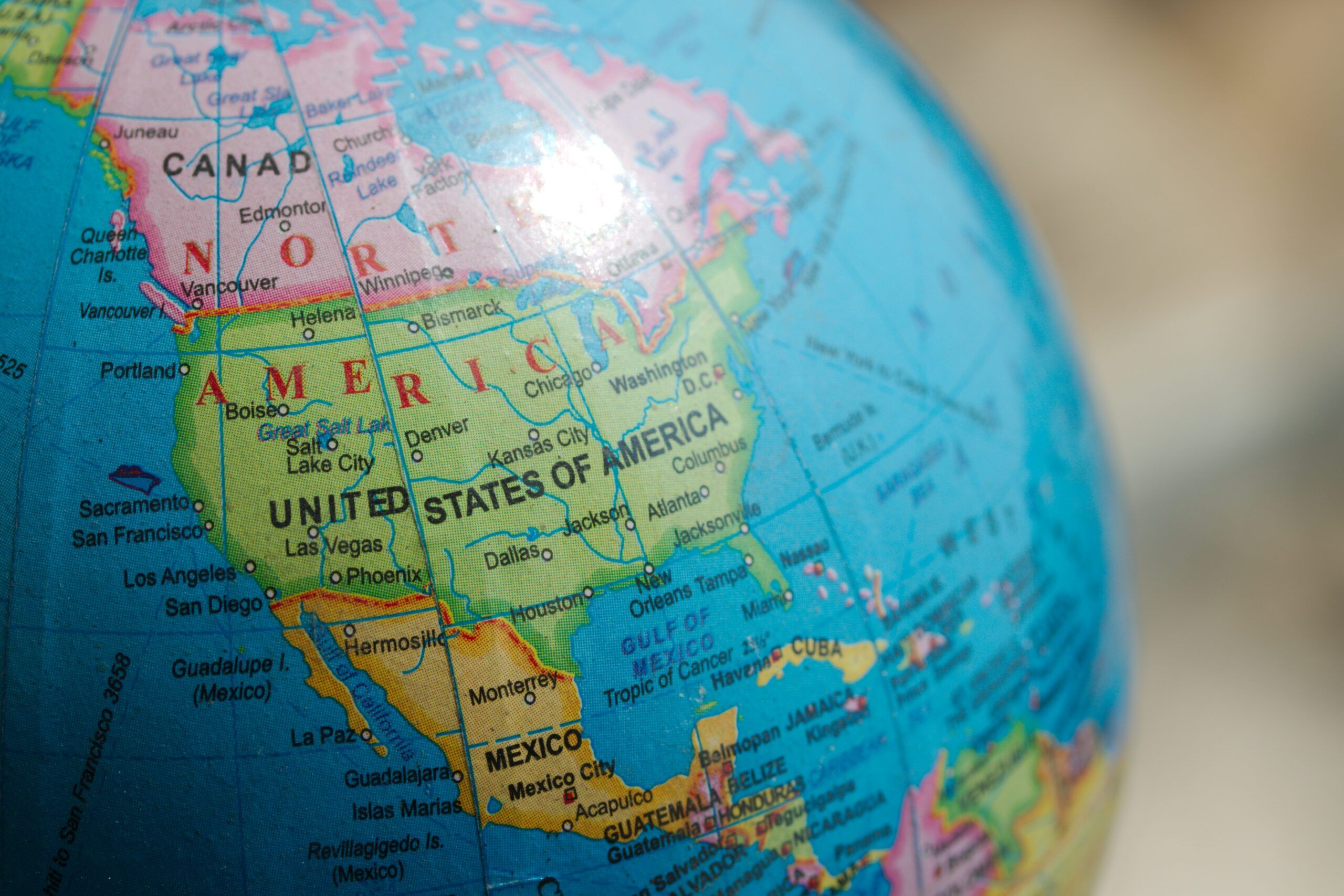
President Trump and the Tariff Trade Wars
On Thursday, 23rd October, President Donald Trump announced that he was halting all trade negotiations with Canada, blaming an advertisement funded by the Ontario Government, which cast negative connotations on his tariff plans by featuring the voice of former President Ronald Reagan. The advert used excerpts from a 1987 speech in which President Reagan criticised tariffs as outdated while defending the principles of free trade. Last year, the United States and Canada exchanged in excess of USD 900 billion in goods and services, and the cancellation of trade talks by President Trump has cast a cloud of uncertainty over bilateral trade relations between the two nations.
President Trump’s announcement, made via his Truth social media stated:
“Tariffs are very important to the National Security and economy of the U.S.A. Based on their egregious behaviour, all trade negotiations with Canada are hereby terminated”.
Experts suggest that the President is convinced the Ontario Government timed the adverts (which have been shown more than once) to coincide with a case in the Supreme Court challenging the legality of the tariffs, and to sow discord among Republican supporters. Canada’s Prime Minister, Mark Carney announced on Friday that the country was ready to resume trade talks with the United States and would pause the advert on Monday in the hope that U.S. trade officials would return to the negotiating table.
In a surprise move, President Trump predicted that Brazil and the United States may be able to “pretty quickly” strike a trade deal, despite having imposed punitive tariffs on Brazil earlier this year over the prosecution of former ally Jair Bolsonaro. Brazilian Foreign Affairs Minister Mauro Vieira stated that he hoped sanctions on Brazilian officials would be lifted and that he expected trade negotiations to be completed within weeks.
President Trump is attending the 47th ASEAN Summit and Related Summits in Kuala Lumpur from 26th – 28th October 2025, where he has held several meetings with regional leaders concerning tariffs. He is seeking to increase access to markets for U.S. agricultural goods and, crucially for his administration, to secure access to critical minerals and rare earth sectors. Such framework agreements will include exemptions from tariffs on key exports to the United States for several Southeast Asian countries, including Cambodia, Malaysia, Thailand, and Vietnam.
The United States has released a framework for a trade agreement with Vietnam, which will offer zero tariffs on selected products while granting preferential treatment by the Vietnamese Government to U.S. agricultural and industrial exports. A White House Statement said the agreement is expected to be finalised in the coming weeks, adding that both countries had agreed commitments on investment, digital trade, and services, though further details were not provided.
It has also been announced that a reciprocal trade framework between the United States and Thailand has been reached, under which the U.S. will maintain a 19% tariff on Thai exports, while identifying certain products where tariffs could be reduced or removed. Thailand will eliminate tariffs on approximately 99% of U.S. exports, covering industrial, food, and agricultural products. Both countries also signed a pact giving U.S. companies preferential access to rare earth minerals, crucial in manufacturing high-tech products such as jet engines and semiconductors. However, information released so far remains limited and given that China controls around 90% of the rare earth market, the overall impact for the U.S. may be modest.
Malaysia, as host of the 47th ASEAN Summit, has signed a Joint Trade and Critical Minerals Agreement with the United States aimed at improving trade across Southeast Asia and countering China’s tightening control of rare earth mineral exports. Analysts say the agreement gives Malaysia an advantage in accessing the U.S export market and, in return, Malaysia will develop its rare earth and critical mineral sectors with U.S firms, while addressing barriers that affect investment, digital trade and services. Furthermore, Malaysia will commit to purchasing products from U.S companies and restricting the export of any U.S. items on the unauthorised list.
Finally, China and the United States are both keen, according to experts, to avoid further escalation of the current trade war, and have shown signs of progress. After China increased export controls on rare earth and critical minerals, President Trump responded by imposing China with 100% tariffs on Chinese goods. However, on 26th October, it was announced that U.S. and Chinese trade and economic officials had reached an agreement on a framework for bilateral trade, and President Trump confirmed that he expects to finalise a trade deal with President XI Jinping in the coming days. Only time will tell whether the United States and China can reach a sustainable long-term agreement.

Other facilities
IntaCapital Switzerland | Copyright © 2025 | All Rights Reserved